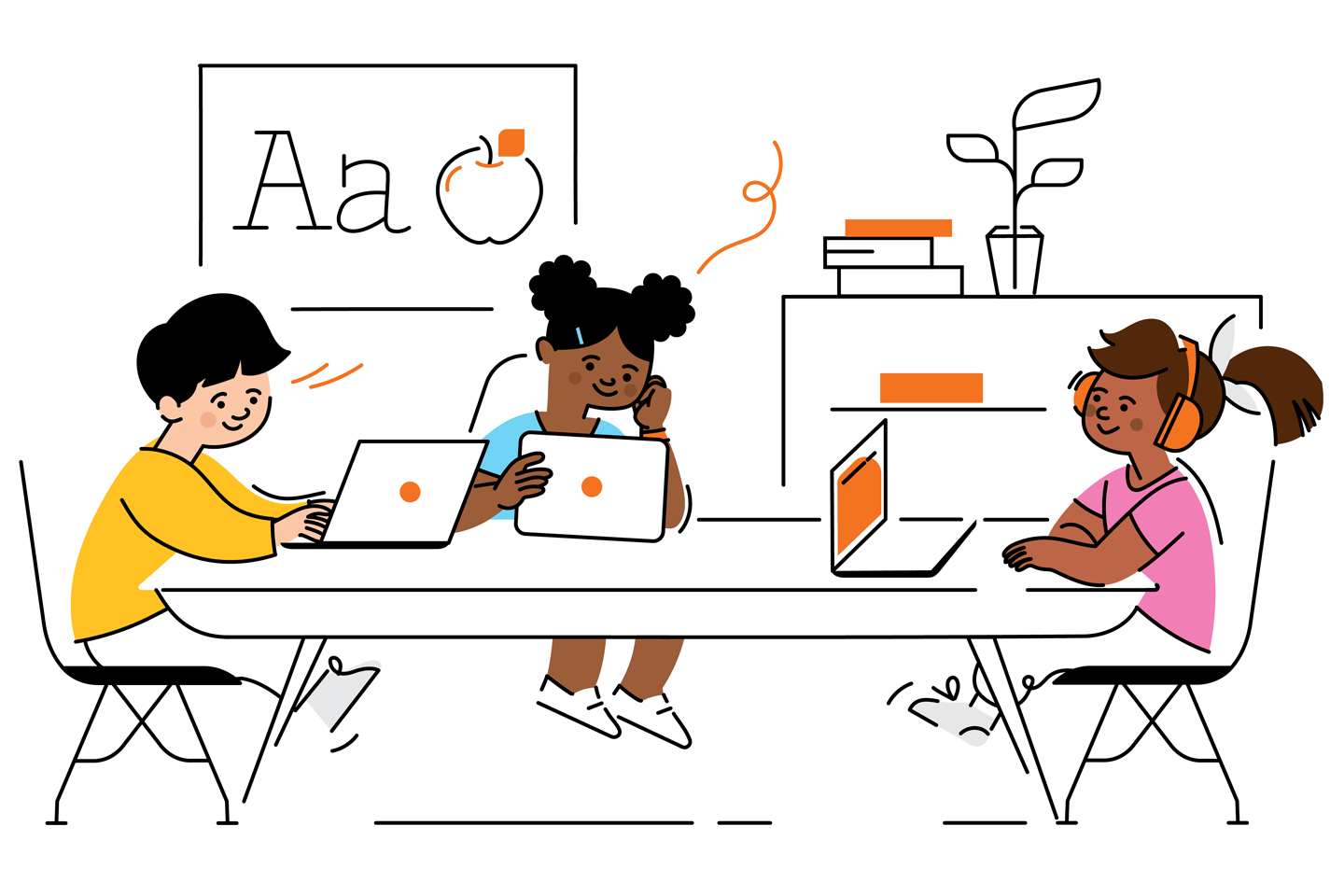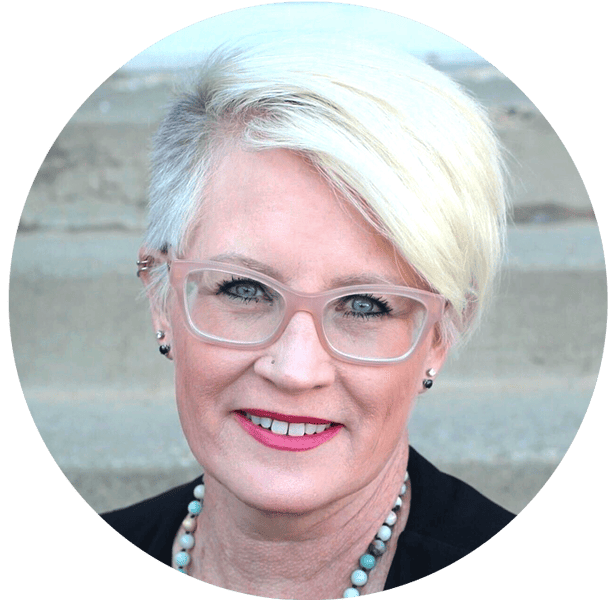ŌĆ£Vocabulary is how we describe concepts. It's how we know how to talk to one another. And vocabulary development weaves its way through all four domains in the standards. All fourŌĆöreading, writing, listening and speaking, and language.ŌĆØ
ŌĆöSue Pimentel
ŌĆ£What the standards say is, ŌĆśLeveled texts are out and complex texts are in.ŌĆÖ There's no research behind assigning a level to students' reading and then sort of imprisoning them in that.ŌĆØ
ŌĆöSue Pimentel
ŌĆ£Text complexity level is critical for students to be able to do well when they leave school and also so they can independently read texts and other sorts of sources on their own as well.ŌĆØ
ŌĆöSue Pimentel
ŌĆ£So standards are really important, right? Because they allow a meeting of the minds in terms of this is what our students need to be learning. It's like a compact, if you will, with our students and our parents and the public to say, ŌĆśThis is what you can expect your students to be learning.ŌĆÖŌĆØ
ŌĆöSue Pimentel
ŌĆ£The standards define the 'what' importantly...the level of complexity, the level of sophistication. Really, really important. But curriculum tells us how to do the 'what' well, and to use the literacy research to make sure all students get access.ŌĆØ
ŌĆöSue Pimentel
ŌĆ£The more stuff you know, the better you're able to navigate the world. Whether that means as a citizenŌĆ”as a workerŌĆ”as a college studentŌĆ”as a mom or dadŌĆöwhatever it isŌĆöthe more you know about stuff, the better off and I think the happier life is. And certainly the happier kids' lives are when they're actually learning stuff.ŌĆØ
ŌĆöSue Pimentel
ŌĆ£The whole notion is that the content matters. What I'm reading about matters; and how I get through that content matters; and how I get access to that content mattersŌĆöwhich means I'm building my knowledge slowly but surely.ŌĆØ
ŌĆöSue Pimentel




